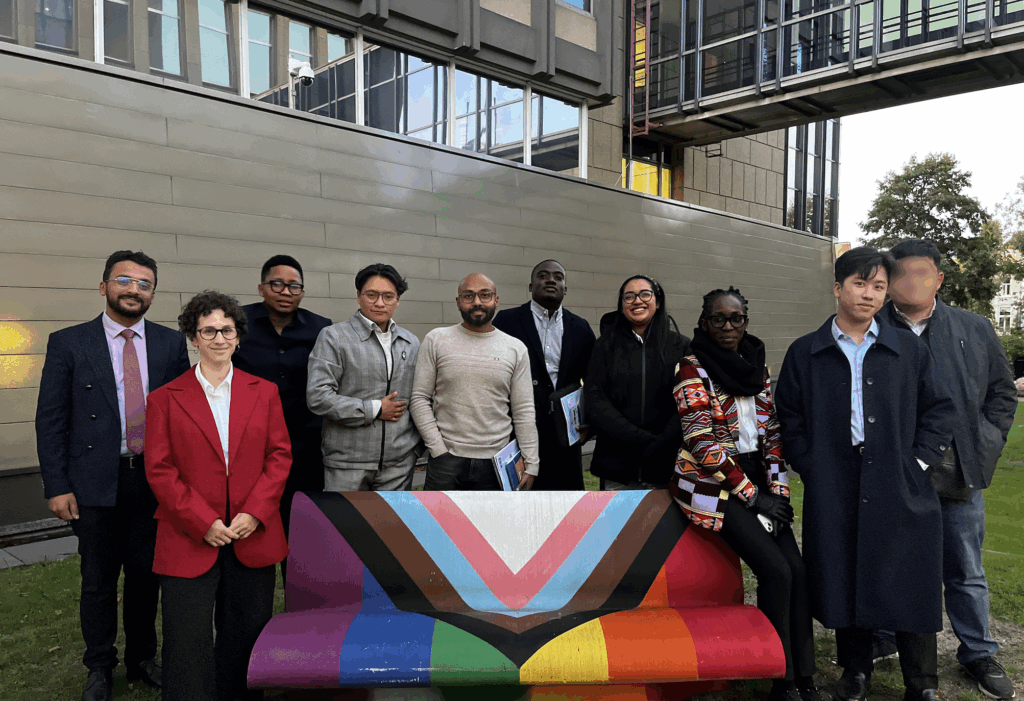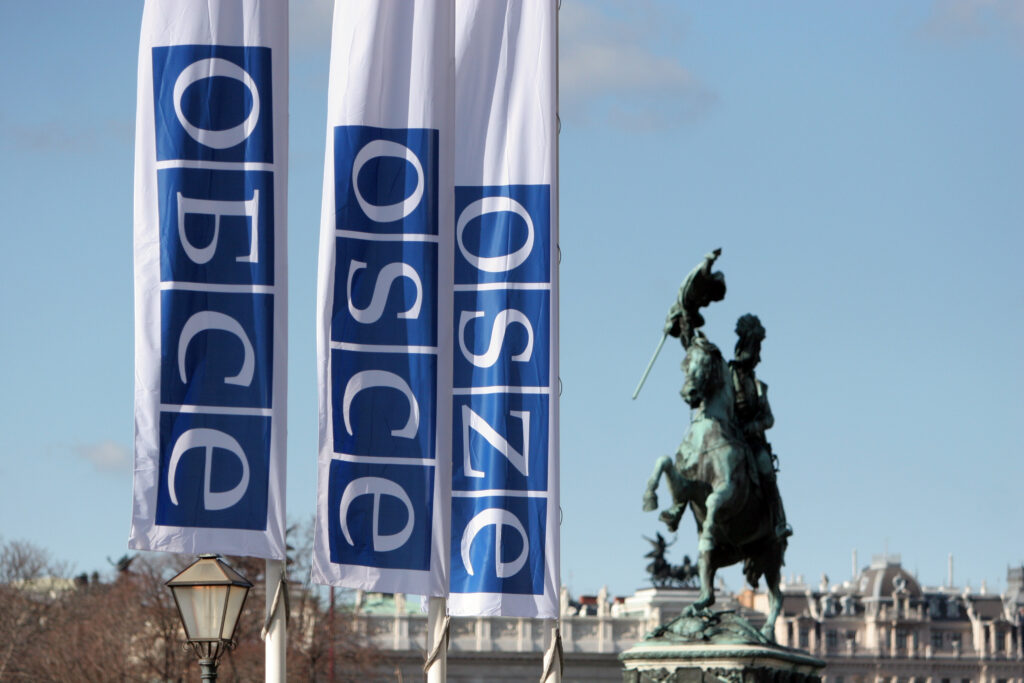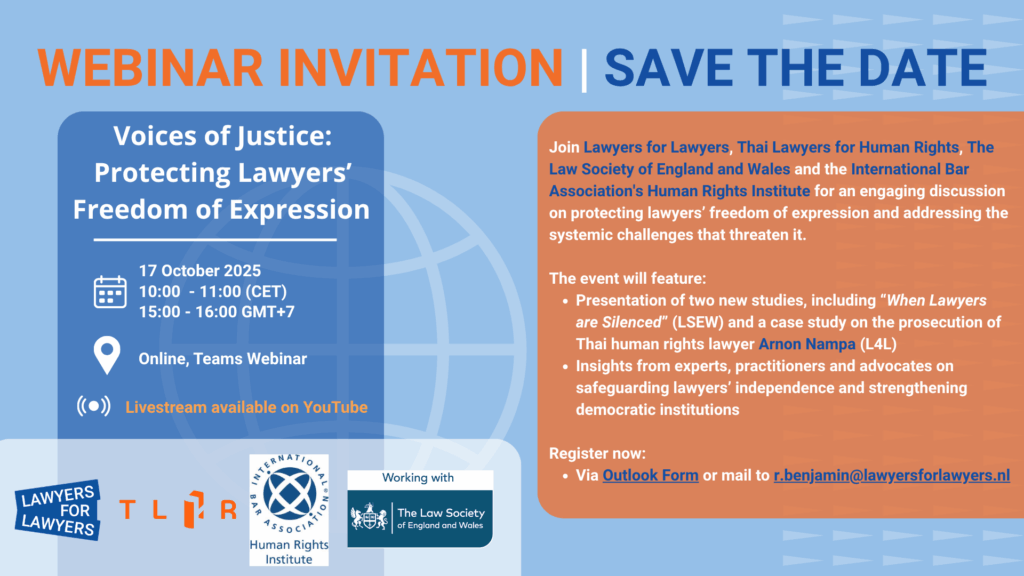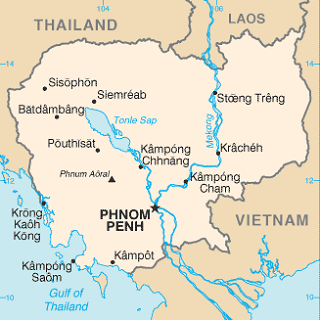The undersigned organizations are gravely concerned about the continuing failure to ensure accountability for the unlawful killing of Tahir Elҁi on 28 November 2015, and the lack of due process surrounding the ongoing criminal prosecutions.
Tahir Elçi was a prominent and internationally recognized human rights lawyer. At the time of his death, he was the President of the Diyarbakır Bar Association. Mr Elçi was well known for bringing several leading cases before the European Court of Human Rights concerning the forced evictions of Kurdish villages, enforced disappearances, summary executions, and torture and ill-treatment by the security and/or state-affiliated forces. He advocated for accountability for human rights violations against civilians during the prolonged armed clashes between state security forces and the PKK. In October 2015, he was targeted by pro-government news outlets and faced harassment and death threats after he publicly questioned the appropriateness of the renewed use of armed violence by the state for solving the ‘Kurdish issue’. He was also formally charged with ‘disseminating terrorist propaganda’.
Mr Elçi was killed while holding a press conference on 28 November 2015. An armed clash took place while two PKK militia members were fleeing the police, during which Tahir Elçi was shot dead. Following his death, no independent effective investigation was carried out. As highlighted in a letter to six UN Special Rapporteurs on 2 March 2021, there were serious defects in the response to the shooting.
On 20 March 2020, an indictment regarding his death was finally prepared. The Chief Public Prosecutor’s Office of Diyarbakır sought a sentence of three to nine years imprisonment for three police officers on charges of “causing death by conscious recklessness”, and a sentence of three times aggravated life imprisonment for the militant concerned on charges of “murdering two police officers”, “attempting to murder a police officer” and “murdering Elçi by eventual intent.” In this case 9 hearings took place, starting 21 October 2020. We are concerned about several infringements of the right to a due process and a fair trial that have occurred during those hearings.
We also are gravely concerned about reports of torture and other ill-treatment that were raised at the third hearing, on 14 July 2021, in connection with witness statements.
The next hearing is scheduled to take place on 12 June 2024, and we understand it is likely to be the last hearing.
Demands for justice
Under international law, states have a responsibility to provide an effective remedy for human rights violations, this includes ensuring the right to access to justice. To implement this obligation, states must ensure that a prompt, impartial and effective investigation is undertaken, so that all those responsible are brought to justice in line with international standards. This is enshrined in Articles 2(3) and 6 of the International Covenant on Civil and Political Rights (ICCPR), to which Turkey is a state party. International legal standards for the investigation of potentially unlawful deaths are also prescribed in the UN Minnesota Protocol on the Investigation of Potentially Unlawful Death. In accordance with Articles 12 and 13 of the UN Convention against Torture and Other Cruel, Inhuman and Degrading Treatment or Punishment prompt and impartial investigation must be conducted by competent authorities where torture is alleged or there are reasonable grounds to believe has
occurred.
Finally, Article 17 of the UN Basic Principles on the Role of Lawyers stipulates that, where the security of lawyers is threatened as a result of discharging their functions, they should be safeguarded by the authorities. This principle includes that authorities should properly investigate, arrest, and prosecute
the perpetrators of attacks against lawyers.
We call once more on the Turkish authorities to ensure that:
- all those responsible for the killing of Mr Elçi are brought to justice, in trial that are compliant with international law, and, if found guilty, serve sentences that reflect the gravity of the crime;
- the court takes into account the requests made by Mr Elçi’s family concerning important evidence and witnesses;
- judicial authorities take all necessary steps to ensure equality of arms and redress the improper bias and serious procedural breaches in this case, including by giving the Elçi family’s lawyers reasonable opportunities to be heard and make requests and by refraining from an attitude appearing hostile to the Elçi family or its lawyers;
- the complaints of torture and ill-treatment of witnesses are examined by an independent and impartial judicial body and in case of a credible claim: the related evidence is excluded from the file; and
- Mr Elçi’s family is provided with appropriate redress for the violations they and their loved ones have suffered in accordance with international.
Download the full statement here.




